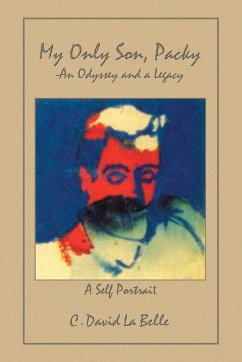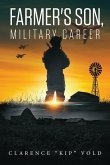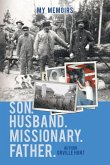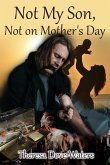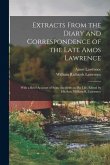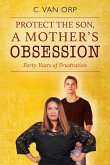Above, on the book's cover, you see a self-portrait that Packy, an aspiring artist, painted. The shaded blue area around his mouth was his way of muting the part of his being that was forever changed by the accident described below. In 1966, at two years old, Packy, born David Patrick La Belle, nicknamed Packy by his father, crept under the kitchen sink and ingested the caustic lye, Drano, permanently disfiguring his face and damaging his throat, esophagus and stomach. After undergoing numerous surgeries and other rigorous medical procedures for most of his childhood, he gradually recovered his ability to breathe, eat, and talk. And for the first time in medical history, after four years of unnatural feeding and breathing, Packy's respiratory and digestive systems were operated on and restored to functional condition. In addition, Packy's family achieved, through litigation, groundbreaking consumer safety efforts by forcing the makers of Drano to furnish all of its hazardous products with safety tops. Packy's parents and sisters stood patiently by him, assisting as much as they could, as he struggled to overcome the obstacles placed in the way of his having a normal childhood: at eight years and all of 35 pounds, he joined Little League and played with a vengeance; at seventeen after his junior year of high school he earned admission to Cooper Union's scholarship art program. At no time, did Packy quit trying. Packy not only survived but transformed his physical pain and mental anguish into life-affirming ambitions to become a promising New York painter, with an enormous zest for life, travelling to exotic locales, including Africa, where he was married. Just when it appeared that providence was finally smiling upon Packy at the age of 23, a cruel twist of fate ended his life in mystery and conflict. Suddenly on November 3, 1988, he passed away, as if God had called him back from his odyssey. But six long years after Packy had passed on, his father began to question the circumstances of his death. Inconsistent accounts of what had happened that night provoked Dave, Packy's father, to investigate. Finally able to summon his courage, Dave began the mind-boggling process of uncovering the truth behind his son's death. My Only Son, Packy is a father's story of the turbulent odyssey of his son. Like the Odyssey, it is a story told out of love, regret, pride, admiration, anger, frustration and longing. And while it is a story about Dave's son, Packy, it is also Dave's story: a story about a father who twice is faced with the idea and then the reality of losing his son. It's also a story about a father, who after his marriage fails, believes as a Catholic that he can never marry again. It's the story about how he falls in love again and is forced to reconcile not only the inconsistencies in his Church's dogma, but also the contradictions of his own faith. It's the story of how, as a remarried father, he must wrestle with the built-in conflicts of his new family versus his old family. It's the story about how a man, by force of circumstance, is challenged to transform his relationships with his grown children, from paternal disciplinarian, to friend, to some tricky balance of the two. On the day after Packy was waked, Dave ran the New York Marathon, an event that he'd been in training for, for over a year. In deference to and in the spirit of his son's sense of adventure and triumph over adversity, Dave ran and finished the New York Marathon in 7 hours 12 minutes. That run was for Packy, as much as this book is for Packy: both are testaments to Dave's enduring love for his all too human son and his commitment to sharing his story with others -- parents, sons and daughters -- so that they too may be inspired as much by Packy's determination to live,
Hinweis: Dieser Artikel kann nur an eine deutsche Lieferadresse ausgeliefert werden.
Hinweis: Dieser Artikel kann nur an eine deutsche Lieferadresse ausgeliefert werden.

